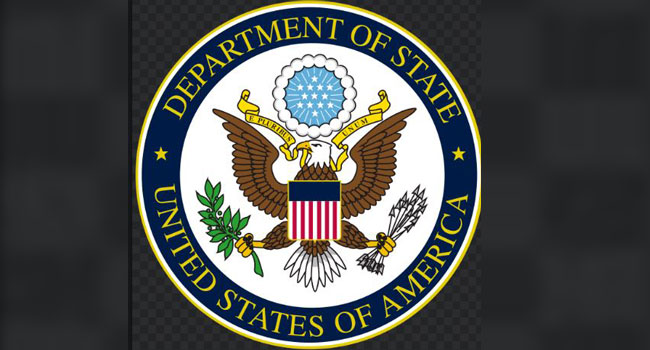In a public-private sector food security partnership event held in Namibia, U.S. Ambassador Linda Thomas-Greenfield underscored the importance of collaboration to address the pressing issue of food insecurity.
The event, also attended by Ambassador Berry and other dignitaries, aimed to highlight a new program that addresses the challenges faced by Namibians, particularly in the context of a growing food crisis exacerbated by COVID, climate issues, and conflicts.
Ambassador Thomas-Greenfield expressed her delight at being part of the program, commending the collaborative efforts between the public and private sectors. She extended her gratitude to Dr. McDonald Homer and Channa Kurukulasuriya from Chevron for their partnership in the initiative.
Reflecting on her past experiences, Ambassador Thomas-Greenfield emphasized the centrality of food security to national and economic security, noting it as a moral imperative.
Quoting President Biden, she stressed, “If parents cannot feed their children, nothing else matters,” drawing a personal connection to her father’s commitment to ensuring his children never went to bed hungry.
The ambassador highlighted the current challenges faced by Namibians, particularly children and farmers, with issues such as limited access to water and land, floods, and droughts affecting their ability to provide for their families. She emphasized the need for collective action, stating that no single organization, country, or sector could address a crisis of this scale alone.
Chevron’s collaboration with USAID was announced as part of the initiative, with funds aimed at increasing access to potable water, establishing nutrition gardens, and providing emergency drought relief to vulnerable women and children.
This contribution is part of a broader American effort to collaborate with the private sector and the United Nations to invest in Namibia’s food security.
Ambassador Thomas-Greenfield also highlighted the collaborative effort in building the new U.S. Embassy compound in Namibia, which involved working with thousands of Namibians to provide stable employment and financial training. The embassy also donated over 400,000 meals to school children in local communities.
Concluding her remarks, Ambassador Thomas-Greenfield expressed hope that such partnerships between nations, across sectors, and with multilateral institutions would continue to flourish. Together, she emphasized, these collaborations can contribute to sustainable and resilient food systems, ensuring communities have access to nutritious meals and clean drinking water.



